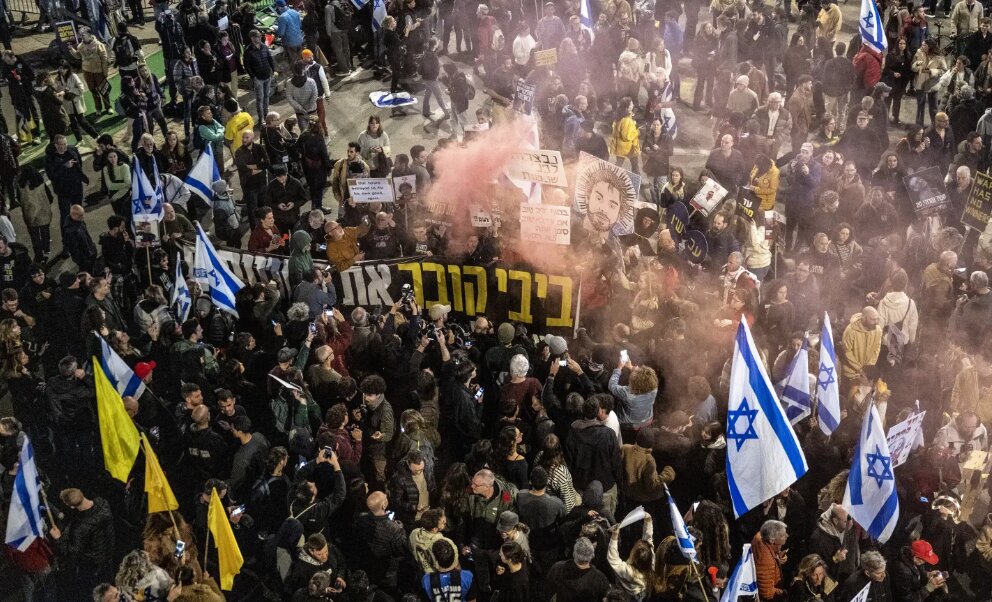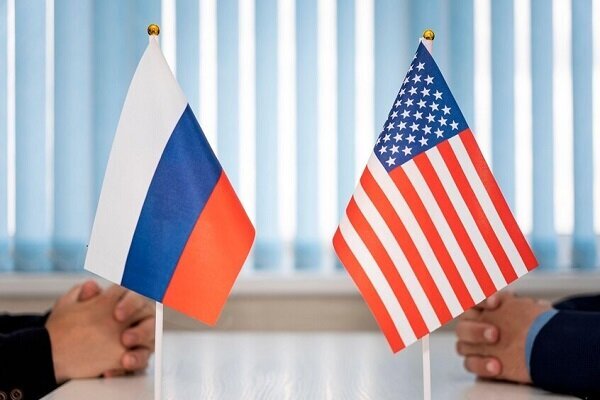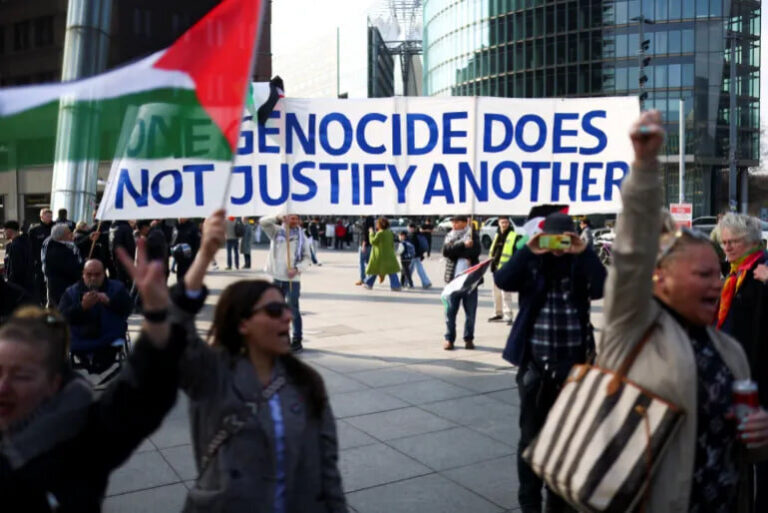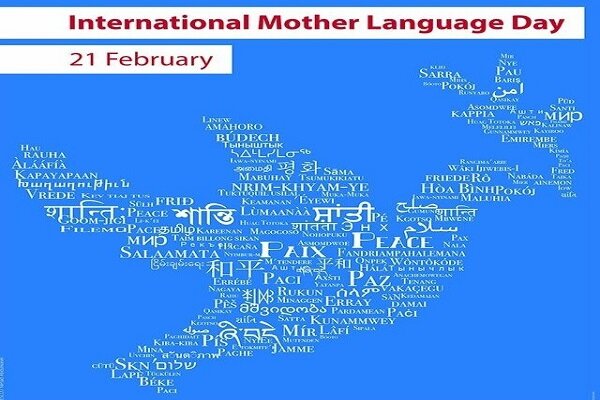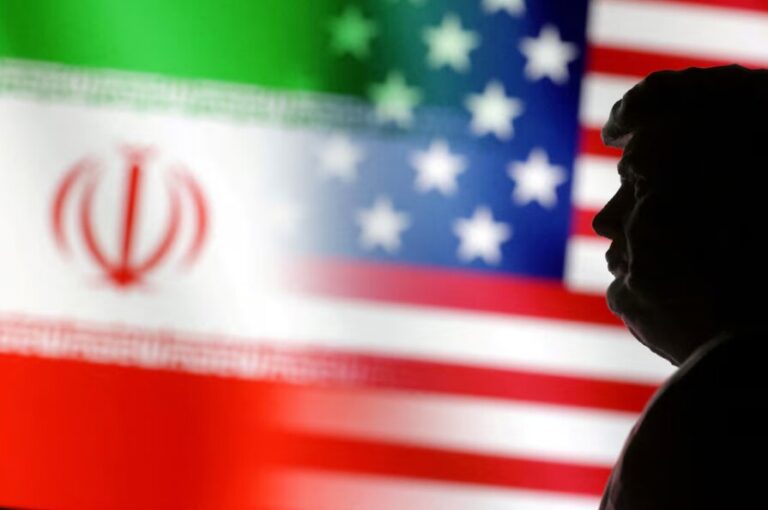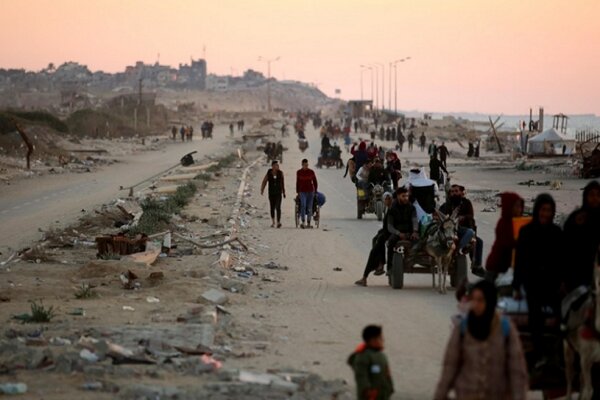Israel Faces Social Collapse: The Rise of Internal Rupture Sparks Concerns
In recent developments, the Israeli cabinet’s decision to fully occupy the Gaza Strip has ignited widespread protests and rising concern among the families of hostages. This controversial plan has raised alarms about the potential dangers that hostages face in Gaza, prompting urgent calls for action.
The Hostage and Missing Families Forum has publicly condemned the military operation, stating, “The Israeli government should not sacrifice the lives of the hostages for military objectives. We demand immediate access to an agreement for the return of our loved ones.” This plea underscores the desperation and urgency felt by families who are anxiously awaiting the safe return of their loved ones.
As tensions escalate, individual protests have also surged. During a recent Knesset committee meeting, Einav Zangauker, whose son Matan is among the hostages, made a heartfelt appeal to reserve soldiers. She implored them not to join the military operation, emphasizing, “I ask the soldiers, for the sake of preserving human conscience, not to participate in a war that threatens the lives of our children.”
In response to the situation, the Israeli army has announced the mobilization of thousands of reserve forces to engage in the new operation in Gaza. This decision has further fueled the anxiety of families waiting for news about their loved ones.
Political and social analysts in Israel are increasingly concerned that the ongoing crisis could exacerbate the existing divide between government officials and the families of hostages. This situation is characterized by a growing legitimacy crisis within the ruling structure of the Zionist regime, as dissatisfaction with the government’s management of the hostage issue continues to mount.
According to experts, the recent decision by Prime Minister Netanyahu’s cabinet to occupy Gaza comes at a time when Israeli society is grappling with significant psychological and social instability. The deepening dissatisfaction with how the government has handled the hostage crisis has swiftly escalated into a broader social crisis, one that even the regime’s security institutions can no longer overlook.
When a mother of a hostage publicly calls on soldiers to refrain from participating in the war, it not only resonates with the military but also raises questions about the internal unity of Israel. From a strategic viewpoint, Netanyahu may find it increasingly difficult to dismiss public discontent under the guise of “national security.” A populace that perceives its children as pawns in a conflict with unclear military objectives is likely to distance itself from the ruling authority.
This situation can be described as the “beginning of internal rupture.” Such a rupture, particularly if compounded by external pressures, could significantly diminish the Israeli regime’s ability to manage the ongoing crisis, especially with Palestinian resistance forces still capable of responding in the field and global public sentiment becoming increasingly critical of Tel Aviv’s actions.
Furthermore, the social crisis unfolding within the occupied territories has the potential to shift the balance of power in favor of the resistance. The Netanyahu cabinet’s decision to occupy Gaza may ultimately lead to a profound erosion of public trust and a noticeable decline in the morale of military forces. This trend poses a significant challenge to the security cohesion of Israeli society.
As these events unfold, the ramifications of the cabinet’s decision could confront the very existence of the Zionist regime with unprecedented strategic challenges. The stakes are high, and the future remains uncertain as families continue to seek answers and hope for the safe return of their loved ones.
In summary, the current crisis is not just a military issue but a humanitarian one that resonates deeply within Israeli society. The plea of families for the safe return of hostages highlights the urgent need for dialogue and resolution amid escalating tensions.
(Farhad Pashavand is an expert on International Affairs.)
